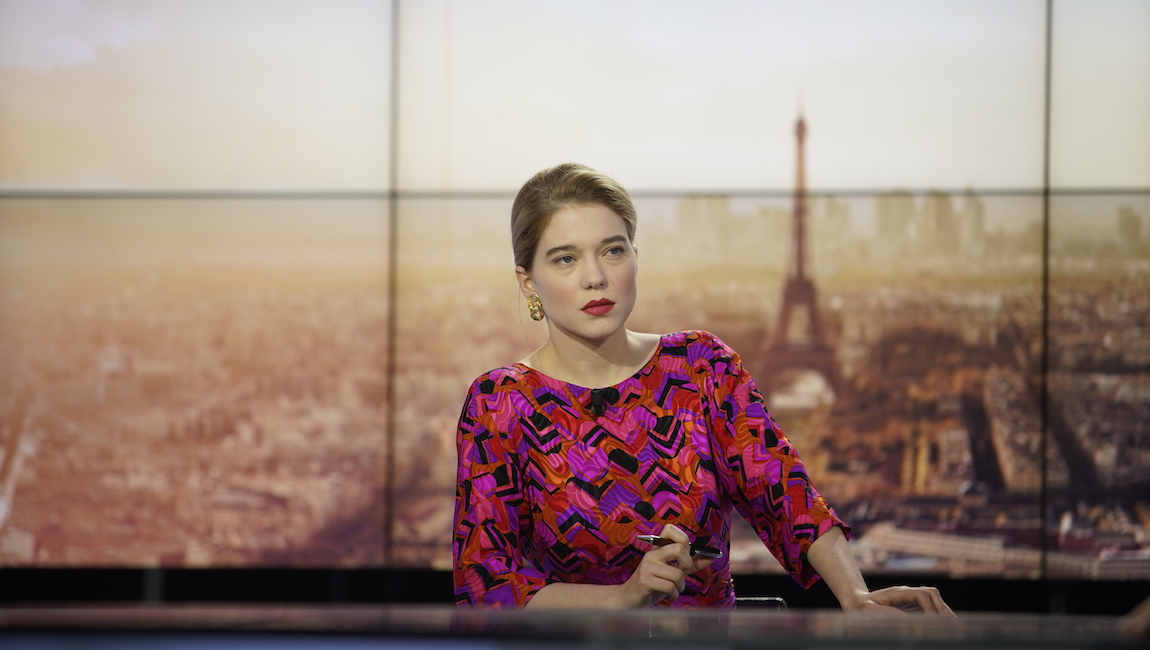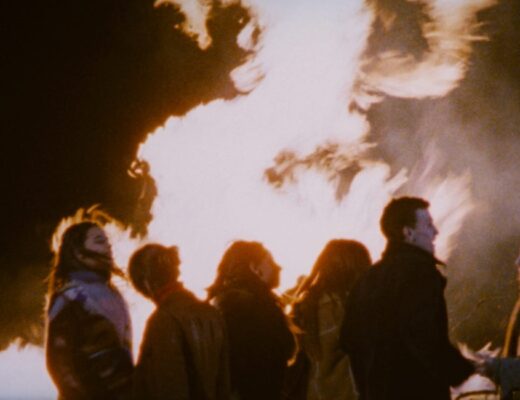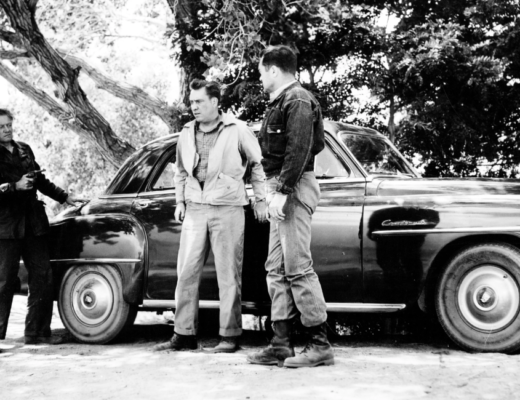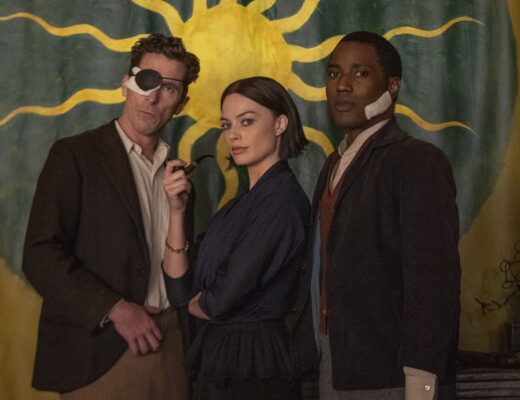#4. Bruno Dumont’s France is “about” the contemporary media landscape in the way that Dreyer’s The Passion of Joan of Arc is “about” the 15th-century judgments of the French clerical court. This is also to say that if one focuses on the films’ respective historical contexts, it may be difficult to see how either could be remotely considered great. But France is indeed great, in large part because of Dumont’s interest in his heroine’s predicament not as trial, but as passion. Following 2019’s Jeanne, his second film about the teenaged Maid of Orleans, Dumont turned his eye to the present, casting Léa Seydoux as France de Meurs, a celebrity journalist subject to all the scrutiny and attention that such a position entails. But his approach remains much the same in both films: He focuses on neither the vagaries of historical circumstance nor the supposed “truth” or “falsity” of his heroines’ actions, but on the affective qualities that transcend history — those aspects of an event that are expressed in themselves, and which are irreducible to the tyranny of historical cause and effect. Dumont focuses, in other words, on singular qualities expressed by Seydoux’s face, which the camera continually pushes into and holds on, as if searching for proof of things unseen.
The French writer Roger Leenhardt once remarked that close-ups make all faces look alike, turning all non-made-up faces into Falconetti and all made-up ones into Greta Garbo. Watching Seydoux across France, we do feel something of this: The film hinges on our capacity to push past its deliberate contrivances of plot and event, and witness the specific strangeness of France’s presence, communicated largely through close-ups of Seydoux, who uses face as a contortionist would their body. The film’s interest lies not in the supposed authenticity of the emotion conveyed in any given scene, but in something arguably far more mysterious: the fact that we are even able to recognize in France’s face — in any face — such things as “pain” and “sadness” and “sorrow” in the first place. Toward the end of the film, Dumont returns to L’humanité (1999) in both setting and substance, following France as she interviews a woman whose husband raped and murdered a young schoolgirl. Following this intense, sobering encounter, France steps outside of the woman’s house and, gazing out at the surrounding landscape, simply remarks, “It’s beautiful.” It is not a statement with which we can really agree or disagree; judgment seems to have no place any longer. One trial is over; another has yet to begin. But in between the two, France’s passion remains.







